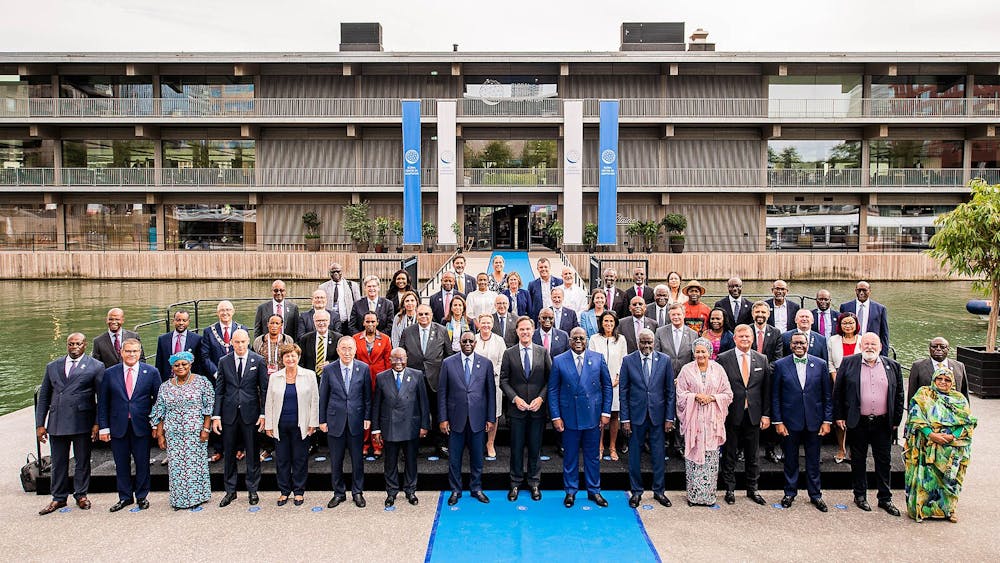By Abigail Gilder
Staff Writer
On Sept. 4, the first African Climate Summit was held at the Kenyatta International Convention Center in Nairobi, Kenya. The convention discussed the crucial need for wealthier nations to contribute to the planet’s climate crisis.
Many poorer African nations claim that the lack of financial resources and contributions set forth by wealthier nations is causing a sharp decline in economic progress. According to AP News, Kenya is an example of such a country, with President William Ruto, the host of the summit, saying that “those who produce the garbage refuse to pay their bills.”
While wealthier nations have been discussing their intentions and promising financial contributions to the climate crisis, they have not yet fully made those contributions. Of the over one hundred billion dollars pledged towards the conflict, larger countries have continually fallen short of that promise.
As the New York Times reports, currently over six hundred million people live in Africa without electricity. Most of the Kenyan population lives on less than five dollars per day. Kenyan currency has also lost about a third of its value to the dollar over the past decade, and the cost of living is too high to be managed for most of the population. The crisis in Kenya and other African nations is rapidly becoming more dire.
At the conclusion of the African Climate Summit, the Nairobi Declaration was declared as Africa’s basis heading into the November Conference of the Parties 28th (COP28) summit, which will be hosted by the United Arab Emirates. It asserts that no country should have to choose between development and preserving the climate and urges nations around the globe to support a tax on fossil fuels in an attempt to slow global warming.
According to Reuters, the International Monetary Fund (IMF) reports that a few dozen countries already impose carbon taxes. However, the idea of a global carbon tax has never been particularly popular, especially in countries that have been declared as main contributors to greenhouse gas emissions, such as the United States, China, Russia, India and Japan.
In light of Africa’s steep commitments to improving the climate, other countries answered this call to action. For example, according to a recent press release from the U.S. Department of State, the United States declared their intention to provide an additional twenty million dollars towards this cause, specifically in assisting African nations with food security as a result of their energy crisis and lack of funding. The United States also declared their intention to invest another ten million dollars in the Climate Resilience and Adaptation Finance and Technology Transfer Facility in order to increase the market for climate-resilient technology.
This summit is a reminder that the climate is struggling. This is not an issue that affects one country, but every person who lives on this planet. In addition to supporting countries in their efforts to control climate change, there are also steps the individual can take. For instance, recycling, composting and cleaning up litter are easy places to start. This planet belongs to every person; it is about time it gets taken care of.







